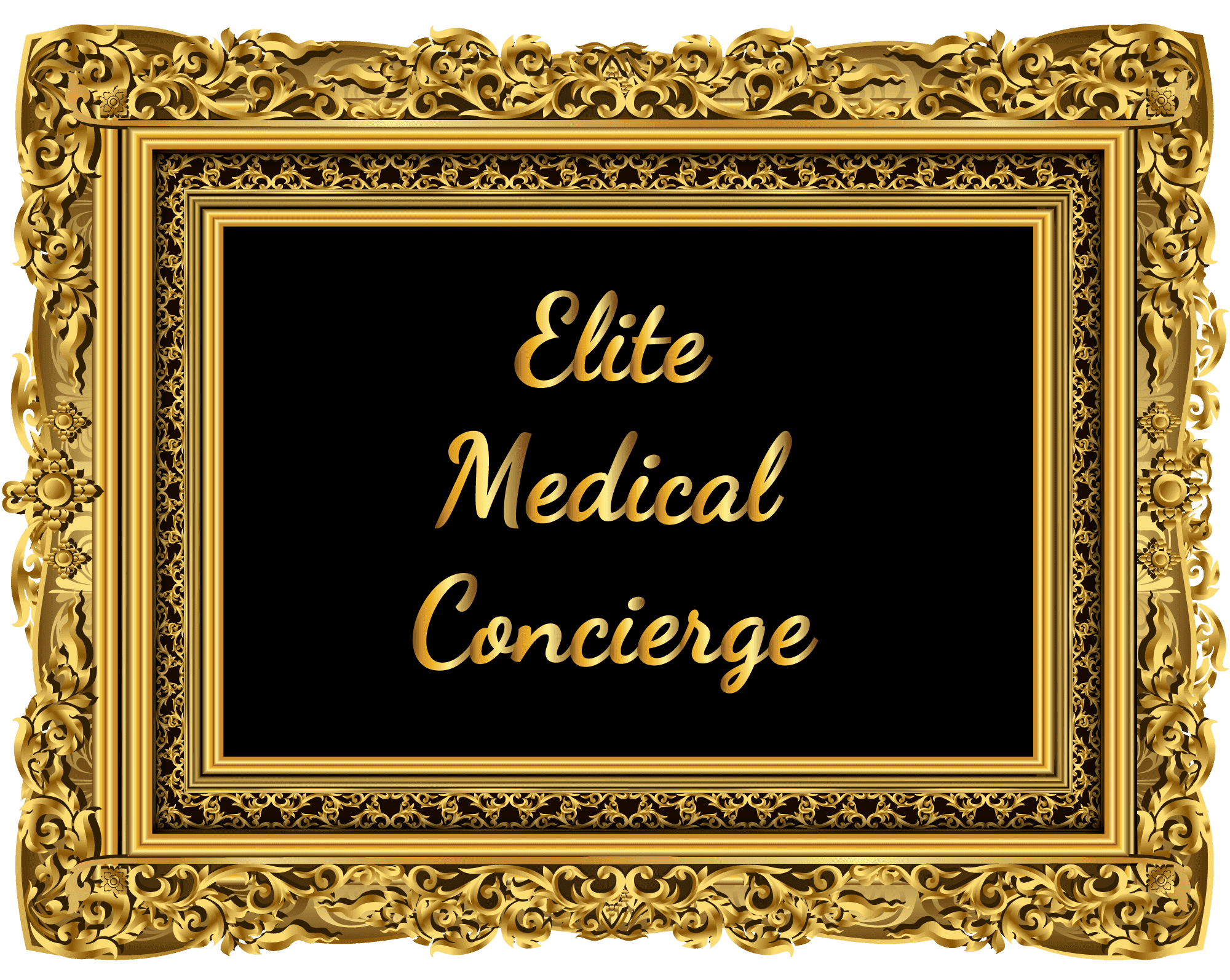How Longer Appointment Times Lead to More Accurate Diagnoses
In the fast-paced world of healthcare, the pressure to see as many patients as possible can often compromise the quality of care. However, longer appointment times can significantly enhance the accuracy of diagnoses, leading to better patient outcomes. This blog post explores how extending appointment durations can benefit both healthcare providers and patients alike.
The Importance of Time in Healthcare
Time is a critical factor in the diagnostic process. When healthcare providers are rushed, they may overlook important details or fail to ask comprehensive questions. Longer appointment times allow for:- Thorough patient histories, which provide essential context for understanding a patient's health.
- Detailed physical examinations that can uncover underlying issues that may not be immediately apparent.
- In-depth discussions about symptoms, enabling patients to express their concerns fully and ensuring that providers can ask clarifying questions.
Benefits of Longer Appointment Times
Extending appointment durations can lead to numerous advantages, including:- Improved Patient Satisfaction: Patients feel valued when they have ample time to discuss their concerns, leading to a more positive healthcare experience.
- Enhanced Communication: Longer sessions foster better dialogue between patients and providers, ensuring that all questions are addressed and misunderstandings are minimized.
- Comprehensive Assessments: More time allows for a holistic view of the patient’s health, leading to more accurate diagnoses and tailored treatment plans.
- Stronger Patient-Provider Relationships: Building trust and rapport is easier when patients feel their healthcare providers are genuinely invested in their well-being.
Case Studies and Evidence
Research has shown that longer appointment times correlate with improved diagnostic accuracy. For instance:- A study published in the National Institutes of Health found that patients who had longer visits reported fewer misdiagnoses, highlighting the importance of thorough evaluations.
- Another research project indicated that extended consultations led to a 30% increase in the identification of complex health issues, demonstrating the value of taking the time to explore patient concerns in depth.
- Further studies have suggested that longer appointments can reduce the likelihood of follow-up visits for unresolved issues, ultimately saving time and resources for both patients and providers.
Implementing Longer Appointment Times
Healthcare facilities can adopt several strategies to implement longer appointment times effectively:- Adjust scheduling systems to allow for longer visits, ensuring that providers are not rushed and can focus on quality care.
- Train staff to prioritize quality over quantity in patient care, emphasizing the importance of thoroughness in every interaction.
- Encourage a culture of thoroughness among healthcare providers, where taking the time to understand a patient's needs is seen as a fundamental aspect of care.
- Utilize technology to streamline administrative tasks, freeing up more time for patient interactions.
Conclusion
In conclusion, longer appointment times are not just a luxury; they are a necessity for accurate diagnoses and improved patient care. By investing in time, healthcare providers can enhance the quality of their services, leading to better health outcomes for patients. Embracing this change can transform the healthcare experience for everyone involved, fostering a system where patients feel heard, understood, and cared for in a meaningful way.
A Deeper Look at Personalized Health Management Plans and Preventive Care Through Concierge Services
Discover how personalized health management plans through concierge services can transform your healthcare experience, enhancing preventive care and improving patient outcomes tailored just for you.










